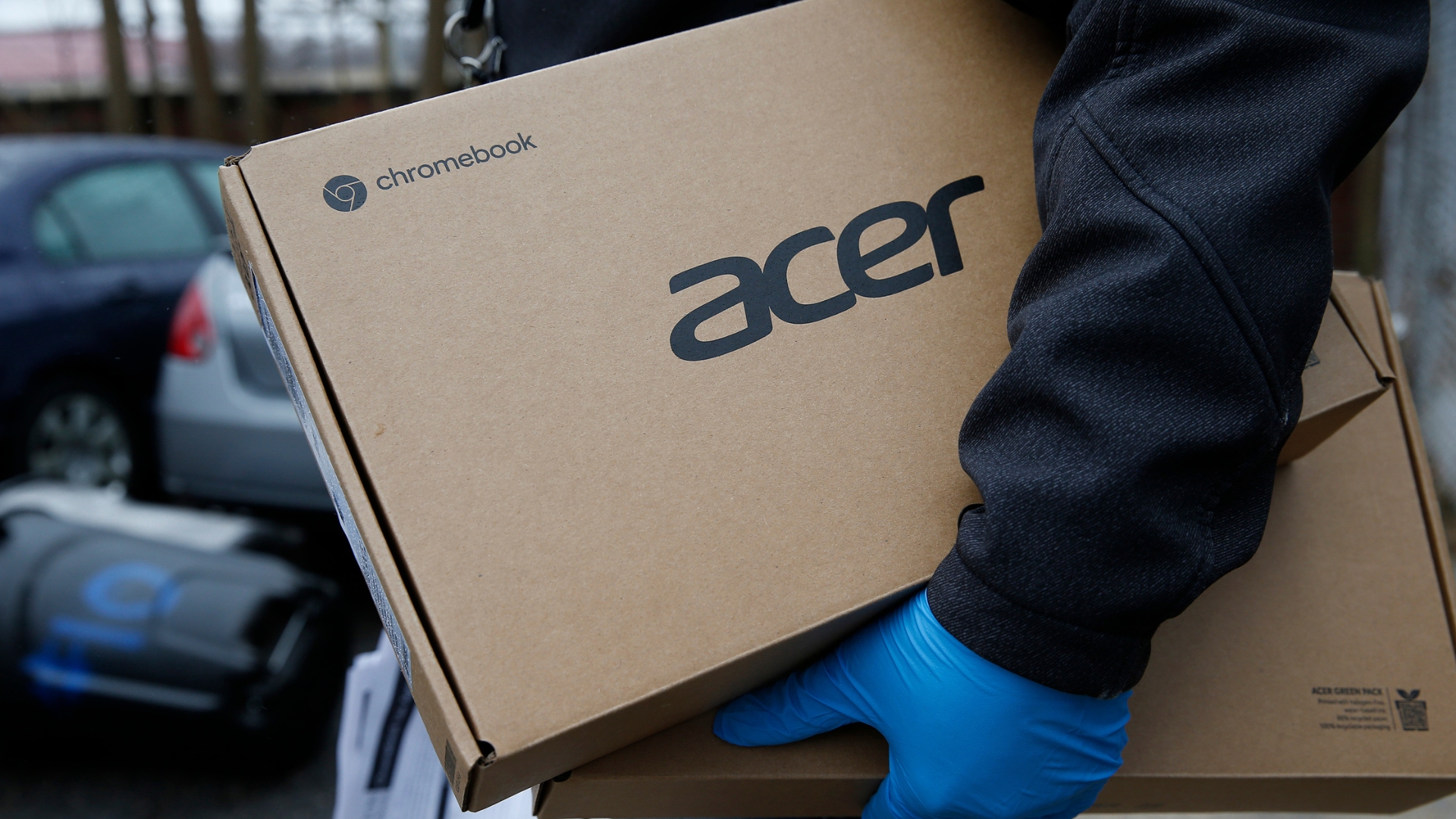Acer chief says Nvidia’s Intel investment will complicate PC supply chains — says Lutnick's 50/50 proposal could take 50 years to realize
Acer leadership has some thoughts on future chip supply chain developments.

Acer Chairman and CEO Jason Chen stated during the company’s annual Long Time Smile Awards that the Nvidia–Intel partnership, which will produce new x86 chips, could potentially complicate the PC supply chain for most manufacturers. According to Digitimes, Chen said that multiple generations of x86 chips from both Intel and AMD are already proving to be complicated— the entry of Nvidia as a third potential supplier will likely make procurement and inventory management much more challenging.
PC makers must consider the cost, performance, and power consumption of each processor to position them in the market effectively, but the existence of multiple generations of chips is making this so much more difficult. For example, Intel recently raised the prices of its Raptor Lake chips because of increasing demand, even though it’s a generation behind the latest Arrow Lake processors. AMD also just launched the Ryzen 3 5100, based on the AM4 platform and using the five-year-old Zen 3 architecture.
Nvidia’s entry into the CPU-making business through Intel will definitely give tech enthusiasts more options — but it will also make it harder for manufacturers to find the right pairing of CPU, GPU, RAM, PSU, etc., that buyers will appreciate. And for the common person, this could just lead to decision fatigue, where they will just settle for the brand they’re familiar with.
Acer founder weighs in on U.S.-Taiwan chip production split suggestion
Acer Founder Stan Shih was also at the event, where he weighed in on U.S. Commerce Secretary Howard Lutnick’s proposal to split U.S.-bound semiconductor manufacturing evenly between Taiwan and the United States. According to the publication, Shih said that if the U.S. is truly determined to do a fifty-fifty chip production split between Taiwan and the U.S., it is possible but would take about fifty years to achieve.
The founder said that this proposal is a long-term idea and would require Acer to restructure its supply chain. The company has already adjusted its manufacturing processes for products bound for the U.S. to avoid the high tariffs that the White House has placed on some countries. However, it might be forced to make additional changes pending the outcome of the Section 232 investigation, which could potentially result in a 200% to 300% tariff on chips.
From tariffs and shortages to geopolitics and unexpected partnerships, all the changes in the semiconductor industry are upending the market. Companies have no choice but to roll with the punches, though, as they deal with the challenges that head their way.
Follow Tom's Hardware on Google News, or add us as a preferred source, to get our up-to-date news, analysis, and reviews in your feeds. Make sure to click the Follow button!
Get Tom's Hardware's best news and in-depth reviews, straight to your inbox.

Jowi Morales is a tech enthusiast with years of experience working in the industry. He’s been writing with several tech publications since 2021, where he’s been interested in tech hardware and consumer electronics.
-
Notton Hear me out Acer... stop equipping 8GB RAM on your systems.Reply
Start out at 16GB.
Especially with soldered RAM on laptops. -
thesyndrome It's been like this for a while, so I'm not sure where the complaint is coming from?Reply
I worked at an electronics store about 12 years ago and we sold laptops, and we frequently had different generations of Intel and AMD laptops for sale at the same time, at which point it's up to the sales person to know what they are talking about to get the right product for the right customer, though in the majority of cases you just need to have a basic understanding of clock speed and core counts to be able to recommend a laptop for a regular user (IPC, power efficiency and more would only be relevant for "power users", but they likely know enough about the hardware to not need advice)